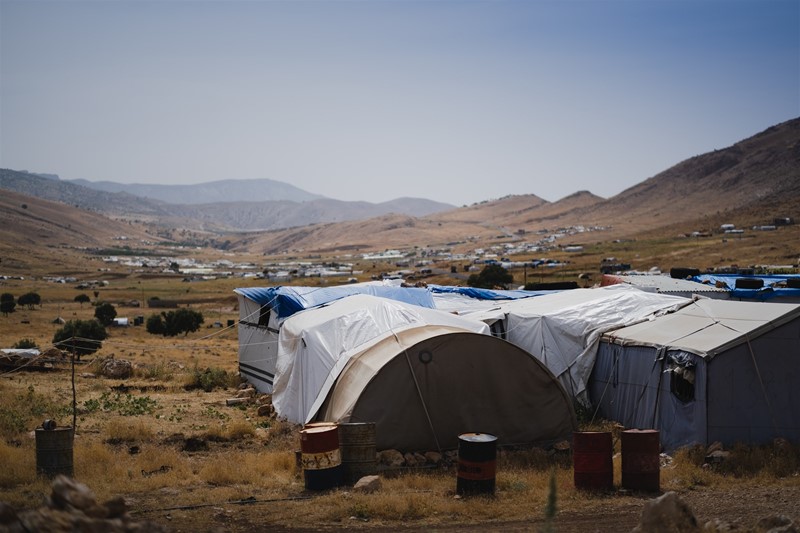- GMHC
-
Getting Started
-
Wondering where to start?
-
 We're your guide. What can this community do for you? Learn more
We're your guide. What can this community do for you? Learn more
-
-
Mobilization
-
Heed the call!
-
 Community Challenges Activate your journey to the field! Read Article
Community Challenges Activate your journey to the field! Read Article -
 Search Jobs Community Job Board Read Article
Search Jobs Community Job Board Read Article
-
-
Resources
-
Learn & Connect
-
 Upcoming Events Learn from the experts in healthcare missions & connect with others. Register Now
Upcoming Events Learn from the experts in healthcare missions & connect with others. Register Now
-
-
Community
-
Connect With the Community
-
 Member Lounge We're all in this together! Join the conversation.
Member Lounge We're all in this together! Join the conversation.
-
- Store
- Log In
Welcome to the MedicalMissions.com Podcast
This is a series of sessions from leading experts in healthcare missions.
How Short Term Missions Partner with Local Churches for Long Term Impact
- Bosnia and Herzegovina
- Botswana
- Cape Verde
- and 294 more...

My family and I are Kenyan cross-cultural workers based in Kenya. We served for three and half years in Ghana. During that time, we established Hope Alive Initiatives that equips churches in poor and vulnerable communities in wholistic ministry. I have seen the impact left by short term mission teams that come to train local believers to continue ministry after the team leave. Hope Alive Initiatives is now involved in training churches in five countries: Ghana, Burkina Faso, Kenya, Malawi and Zambia.
Understanding Implicit and Explicit Bias
by Dave Cupery
- Armenia
- Asia
- Azerbaijan
- and 219 more...

We see the world through constructed patterns acquired through ordinary experiences in our culture. These experiences embed values, beliefs, and expectations into our worldview. The becomes the framework through which we engage with the world. What happens when this framework is used in a second culture? How does it impact how a person leads, ministers, or gives care to those with a different worldview? This seminar will unpack research examining transformative worldview experiences of missionaries. This seminar will help you understand the worldview tensions and shifts in people working cross-culturally in order to better prepare second culture workers as they consider the impact of worldview on how they lead, minister, and serve.
Best Nursing Practices for Faith Integration

The purpose of this session is to explore ways to integrate the Lord’s call to love and humbly serve others within the discipline of nursing. God created people to glorify Him, so believers are to present their bodies as a living sacrifice and life of worship (Rom. 12:1). Jesus came to serve others as He touched the untouchable and marginalized. Nurses, and other members of the healthcare team, can use their gifts and talents they have been given, as well as their training, to come alongside the vulnerable, hurting, suffering, and broken in the same way Jesus did.
End of Life Discussions: Bringing Hope Where People Feel Hopeless

Do you ever wonder how to bring up end of life discussions without creating fear or loss of hope? What does an end of life discussion include and is it wider than creating a DNR? It is crucial to create an open atmosphere to discuss end of life beliefs, customs, and values, but how and when is this done and who can do it? This session will give you the ability to start a dialogue, set goals, and understand different resources that are available. We will discuss aspects of culture, religion, and psychology that require sensitive approaches. Every situation is unique and has its own dynamics, but in creating an open and relaxed atmosphere a plan of care for end of life needs and goals can be addressed and new definitions of hope can be explored.



